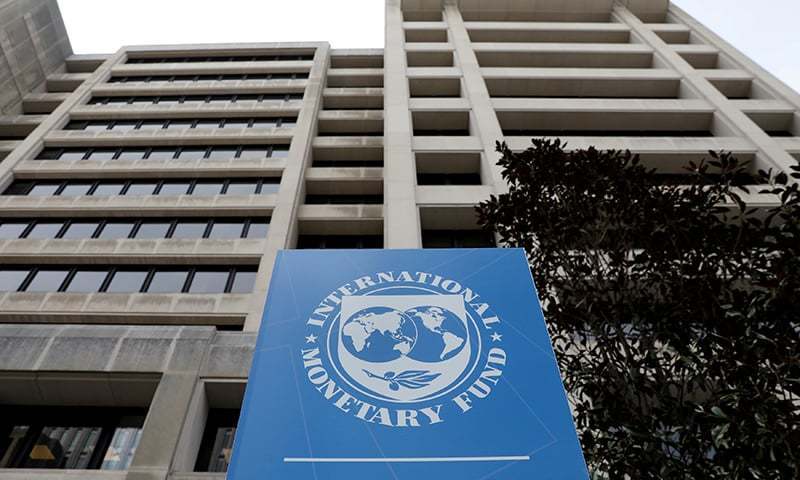Pakistan must complete a series of prior actions, largely requiring parliamentary approvals and legislation, within the next 40 days to secure a formal staff-level agreement (SLA) with the International Monetary Fund (IMF) for its next bailout program, as a two-week-long dialogue concludes.
Informed sources revealed that Pakistani authorities and an IMF mission, led by Nathan Porter, have completed discussions covering critical economic sectors. These include major reforms in the power and gas sectors, state-owned entities, pensions, revenue mobilization, and monetary policy aligned with inflationary expectations.
Both parties have reached a broad consensus on action points, timelines, and contingency plans that the government must follow through parliamentary approval of budgetary measures and related legislation in the Finance Bill 2024-25.
“The IMF wants parliamentary approval for the reform and policy actions due to the unpredictable political environment,” said an official, adding that the mission will depart on Friday without announcing an SLA.
Customary goodwill receptions have already taken place.
Regarding the implementation of gas and electricity tariff adjustments and the initiation of reform actions, along with the approval of taxation and trade tariff-related policy measures and amendments in tax laws through the Finance Bill 2024-25, the IMF mission will review these. Upon satisfactory compliance, an SLA will be formally announced by the end of June or early July 2024.
“Most likely, online consultations will suffice for minor clarifications after the budget is approved by parliament, eliminating the need for a follow-up mission,” an official mentioned.
“The review has been completed. The final stage of talks appears positive, with some performance benchmarks possibly being adjusted by the IMF after the budget process is over.”
The federal budget presentation in parliament is almost confirmed for June 7, given the tight schedule due to Eidul Azha holidays, the official added.
Tax-Related Measures
Officials indicated that tax-related measures, such as reducing the number of slabs for salaried persons, treating agricultural income as regular income, actions and penalties for non-filers, and increasing their transaction costs, will be legally incorporated into the finance bill through amendments to income and sales tax laws.
Additionally, it has been agreed to remove the Rs60 per litre cap on the petroleum development levy, making it open-ended. Clauses enabling a carbon tax will also be part of the finance bill. These taxes aim to enhance revenue and provide leverage for price adjustments to create financial buffers, sources said.
Informed sources stated that an upward revision of natural gas prices for domestic, fertilizer, CNG, and cement sectors has been agreed upon, with no changes for special commercials like tandoors and some downward adjustments for the power sector as part of the upcoming gas price review starting with the new fiscal year.
The discussions also covered reforms to reduce gas sector circular debt, including progress on the weighted average cost of gas (WACOG) – the mix of local gas and imported LNG – and contingency measures in case of WACOG slippage.
Debt Repayment
The power division shared multiple plans with the IMF, sometimes assisted by the World Bank, on addressing rising capacity payments and the debt repayment horizon for CPEC-related projects. Authorities aim to protect full cost recovery through tariffs while triggering demand measures. All relevant data and numbers for the power sector and other state-owned entities (SOEs) were agreed upon, along with their budgetary impact.
“Three-pronged backup plans for recoveries, reforms, and tariff rationalization in both gas and electricity sectors were shared and agreed upon, remaining adaptable to emerging realities,” an official noted. Gas prices are expected to rise by 20-30% with the new fiscal year, depending on WACOG progress.
List of 24 SOEs Shared
A list of 24 SOEs categorized as strategic, essential, and for transfer to the private sector has been shared with the IMF. Pakistan has agreed to retain only those functions and services that the private sector cannot perform. New SOEs, including subsidiaries of Pakistan Railways and the Ministry of Science and Technology, have been included, with commitments to expedite the process. However, significant progress in the privatization program is not expected in the next fiscal year, except for a few ripe transactions like Pakistan International Airlines.
Future discussions will address the fate of state entities like Pakistan Television and Radio Pakistan, and whether they could transition to the private sector. These entities will still need to comply with corporate rules, including financial transparency.




